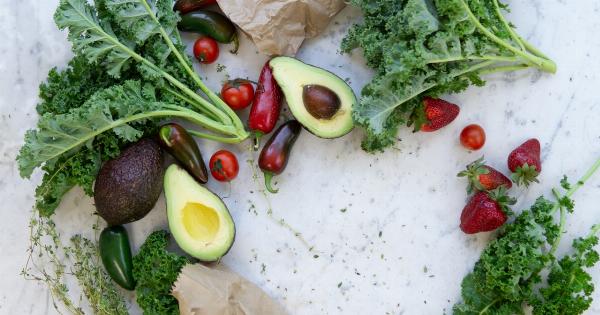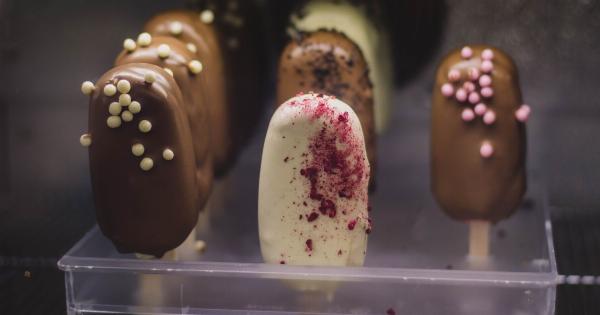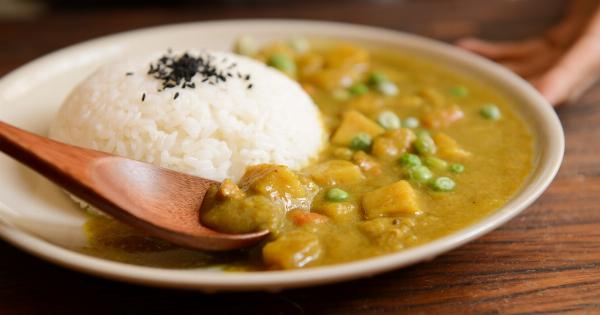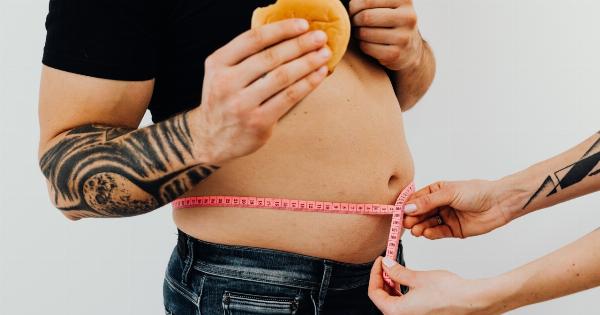Vitamin B1 is an essential nutrient that the body needs to convert carbohydrates into energy. It also supports the nervous system and helps regulate appetite.
A deficiency in vitamin B1 can lead to serious health problems, including nerve damage and heart failure. Most people get enough vitamin B1 from their diets, but there are some foods that can neutralize the benefits of this important nutrient. In this article, we’ll explore 30 foods that can neutralize vitamin B1 and why you should avoid them.
Processed Foods
Processed foods, including packaged snacks and meals, often contain high levels of refined carbohydrates, which can interfere with the body’s ability to use vitamin B1.
These refined carbs, such as white flour and sugar, strip the nutrients from the grains they come from, including vitamin B1. Opt for whole grain options instead to make sure you’re getting the benefits of vitamin B1.
Sugary Drinks
Sodas, fruit juices, and other sugary drinks are high in sugar and can neutralize vitamin B1. This is because sugar requires vitamin B1 to be metabolized by the body.
When you consume too much sugar, your body may use up its stores of vitamin B1, leaving less for other important functions in the body.
Alcohol
Alcohol consumption can interfere with the absorption and use of vitamin B1 in the body. This is because alcohol can damage the cells in the digestive system that are responsible for absorbing nutrients, including vitamin B1.
Heavy alcohol consumption can cause a deficiency in vitamin B1, which can lead to serious health problems over time.
Caffeine
Caffeine, found in coffee, tea, and some sodas, can interfere with the absorption of vitamin B1 in the body.
This is because caffeine can increase the speed at which food moves through the digestive system, reducing the amount of time available for the body to absorb nutrients like vitamin B1. Limit your caffeine intake to avoid interfering with your body’s vitamin B1 absorption.
Raw Fish
Raw fish, such as sushi and sashimi, can contain thiaminase, an enzyme that breaks down vitamin B1. While this enzyme is destroyed through cooking, it can neutralize the benefits of vitamin B1 when consuming raw fish.
If you’re a fan of sushi, consider opting for cooked options instead to avoid interfering with your body’s vitamin B1 absorption.
Tea
Tea, particularly black tea, can interfere with the absorption of vitamin B1 in the body. A study published in the American Journal of Clinical Nutrition found that drinking tea with a meal reduced the absorption of vitamin B1 by as much as 86%.
If you’re a tea lover, try drinking it between meals to avoid interfering with vitamin B1 absorption.
Cooking Methods
Some cooking methods, including boiling and microwaving, can cause vitamin B1 to break down and become less available to the body.
When cooking foods that are high in vitamin B1, such as green peas and sunflower seeds, opt for steaming or sautéing instead to retain more of the nutrient.
Antacids
Antacids, which are often used to treat heartburn and indigestion, can interfere with the absorption of vitamin B1 in the body. This is because antacids work by neutralizing the acid in the stomach, which can also neutralize vitamin B1.
If you need to use antacids, talk to your doctor about taking a vitamin B1 supplement to avoid deficiency.
Bran
Bran, which is often added to cereal, can interfere with the absorption of vitamin B1 in the body. This is because bran is high in phytic acid, which can bind to vitamin B1 and make it less available to the body.
If you want to add fiber to your diet, opt for whole fruits and vegetables instead of bran-containing cereals.
In Conclusion
Getting enough vitamin B1 is essential for good health. Avoiding the foods and drinks that can neutralize vitamin B1 can help ensure that your body is getting the nutrients it needs to function properly.
If you’re concerned about your vitamin B1 intake, talk to your doctor or a registered dietitian to develop a plan that meets your individual needs.































